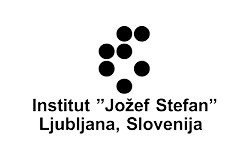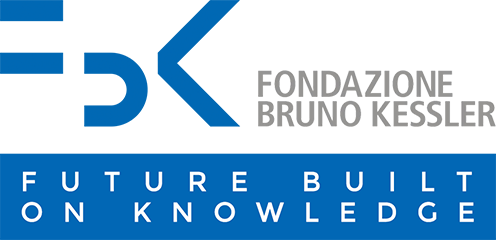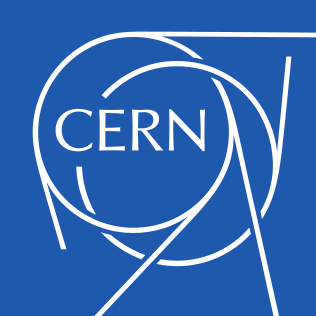Over 2.7 million people in the EU were diagnosed with cancer in 2020, while 1.3 million lost their lives. Cancer cases are predicted to increase by 24% by 2035, making it the leading cause of death in the EU. The current leading specific molecular imaging diagnostic technique sensitive to cancer is based on Positron Emission Tomography (PET). Due to the high implementation cost of PET, this high-sensitivity diagnostics is only available to less than 0.5% of the medical centers in the world. The critical component of the overall cost is the cost of PET scanners. Our project proposes a radical vision to translate European breakthrough technological advances in Time-of-Flight PET detection to a revolutionary, fully modular, cost-accessible, flexible family of devices for applications from the standard PET center to the surgery, epilepsy clinics, intensive care units and even emergency rooms and in mobile units installed in vans. The proposed project aims to develop a simple pilot demonstrator, a modular panel PET device with a coincidence timing resolution of about 80 ps FWHM, close to the intrinsic timing limit of currently available PET scintillators. This resolution is several times better than the current gold standard of 214 ps FWHM achieved with the current clinical state-of-the-art device (Siemens Biograph Vision). With such excellent timing, the panel detectors can cover only a limited solid angle to reach the same sensitivity or improve the sensitivity in the case of a total-body imager. To realize the device, a package of breakthrough innovations in the detector design, photo-sensor, and front-end electronics are planned.
Project partners:
- Jožef Stefan Institute, Ljubljana, Slovenia (coordinator)
- University of Barcelona, Spain
- Fondazione Bruno Kessler, Trento, Italy
- I3M, CSIC, Valencia, Spain
- Oncovision, Valencia, Spain
- MRI-TUM Klinikum rechts der Isar, Munich, Germany
- Yale University, New Haven, Connecticut, USA
- CERN, European Organization for Nuclear Research, Geneva, Switzerland
EIC Pathfinder Open 2022 evaluation results








